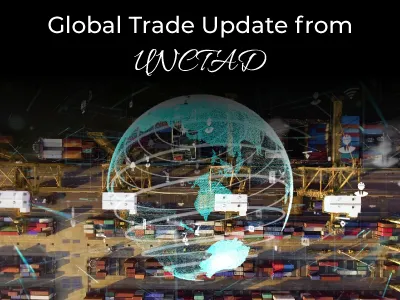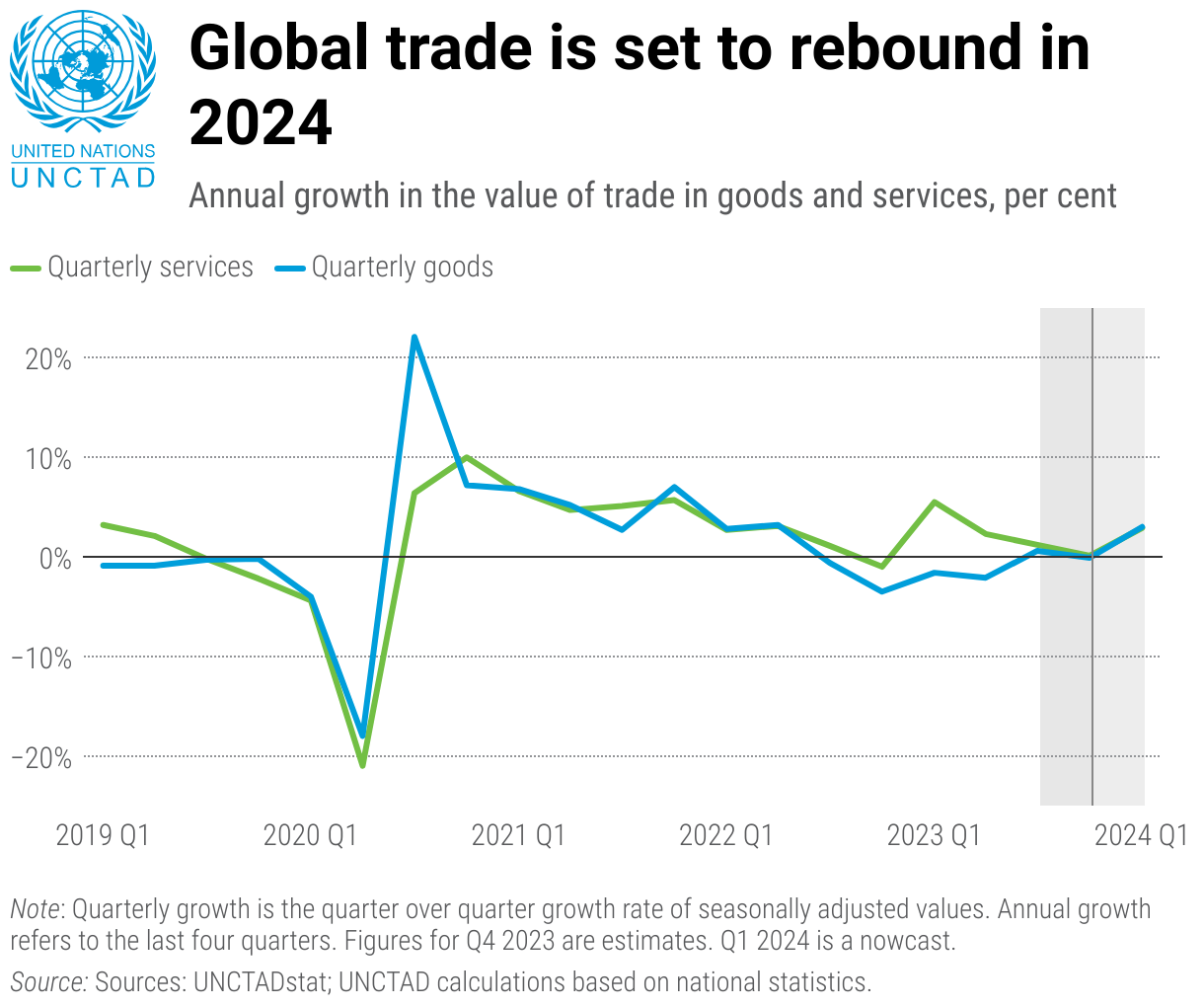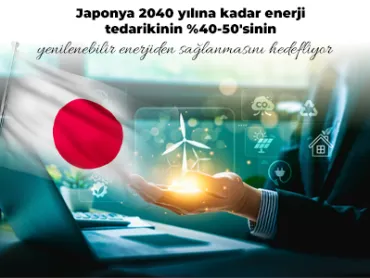
UNCTAD' s Global Trade Update points to encouraging developments amid ongoing challenges.
The overall outlook for trade in 2024 remains very positive, with rising demand for environmental products, particularly electric cars, set to play an essential role in supporting growth.
Report Scope
- After several quarters of decline, international trade is expected to recover in 2024.
- Preliminary figures point to a contraction of $1 trillion in global trade in 2023, mainly driven by sluggish demand in advanced economies and weak trade in East Asia and Latin America.
- While trade in goods declined in 2023, trade in services continued to grow, signaling resilience in challenging conditions.
According to the latest Global Trade Update published by the United Nations Conference on Trade and Development (UNCTAD), after several quarters of decline, international trade is set to recover in 2024.
In this context, global trade in 2023 contracted by 3 percent to $1 trillion, compared to a record $32 trillion in 2022. Despite this decline, the services sector showed an 8 percent increase of $ 500 billion compared to the previous year, while trade in goods fell by 5 percent compared to 2022 with $ 1.3 trillion.
The fourth quarter of 2023 differed from previous quarters in that trade in goods and services stabilized. Developing countries, particularly those in Africa, East Asia, and South Asia, experienced significant growth in trade during this period.

Regional Dynamics
While significant economies generally experienced a decline in trade in goods over 2023, some exceptions, such as the Russian Federation, exhibited notable fluctuations in trade statistics. Towards the end of 2023, trade in goods declined in the Russian Federation and the European Union, while many large economies showed growth, including China (+5 percent imports) and India (+5 percent exports
Throughout 2023, trade performance differed between developing and developed countries, with the former experiencing a decline of around 4 percent and the latter a decline of around 6 percent. South-South trade, or trade between emerging economies, experienced a steeper decline of about 7 percent. However, these trends reversed in the last quarter of 2023, with emerging economies and South-South trade growing again while trade in advanced economies remained stable.
Geopolitical tensions continued to affect trade flows, reducing the Russian Federation's trade dependence on the European Union and increasing its reliance on China. Moreover, trade interdependence between China and the United States declined further in 2023. Regionally, trade among African economies keeps pace with the global trend, increasing by 6 percent in 2023, while intra-regional trade in East Asia (-9 percent) and Latin America (-5 percent) lags behind the global average.
Mixed Sectoral Table
At the sectoral level, trade value declined in most sectors, with exceptions in pharmaceuticals, transport, and communications.

In contrast, sectors such as apparel, chemicals, and textiles also saw significant declines in 2023. However, most sectors recovered in the fourth quarter of 2023, except for clothing, where trade contracted further. Tourism and travel-related services showed the most robust recovery, up almost 40 percent from a year earlier.
Expectations for 2024
Available data for the first quarter of 2024 point to a continued improvement in global trade, especially given moderate global inflation and improved economic growth forecasts. Moreover, rising demand for environmental products, particularly electric vehicles, is expected to support trade this year.
However, geopolitical tensions and supply chain disruptions remain important factors affecting bilateral trade trends and require constant scrutiny. Disruptions in shipping routes, particularly those related to security issues in the Red Sea and the Suez Canal and adverse climate impacts on water levels in the Panama Canal, can potentially increase transportation costs, lengthen voyage times, and disrupt supply chains.
 Back
Back







